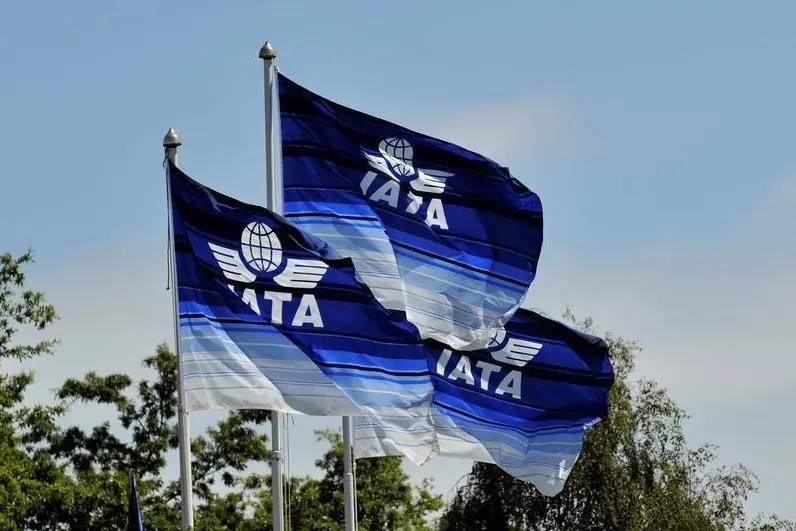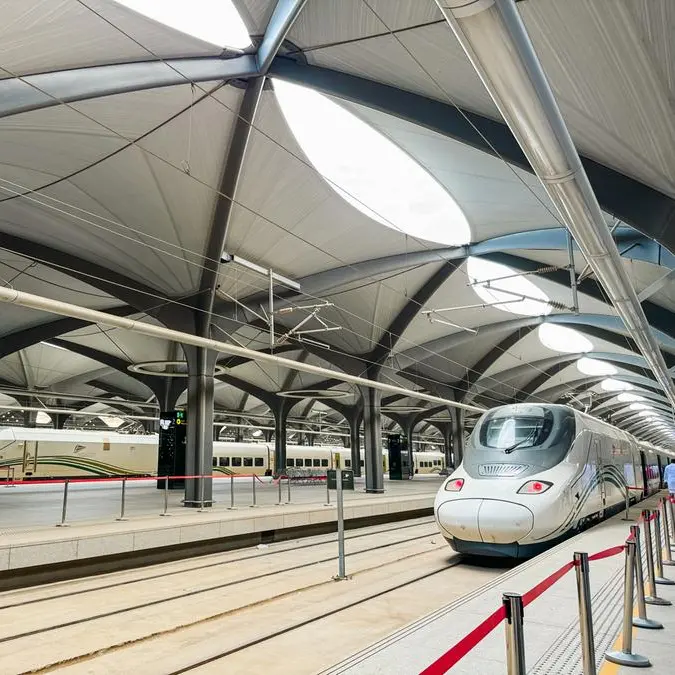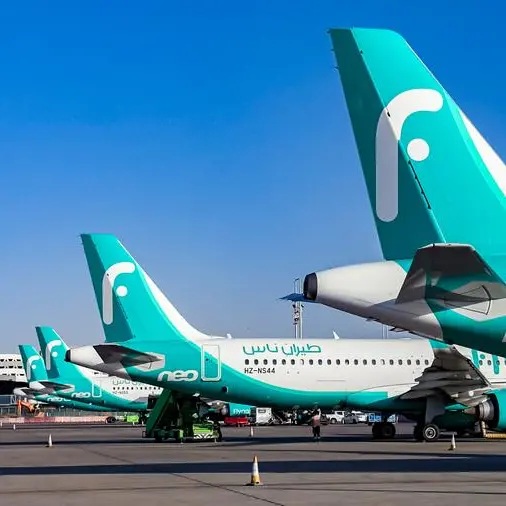PHOTO
Governments need to implement policy frameworks to scale up sustainable aviation fuel (SAF) production and reduce costs, according to the International Air Transport Association (IATA).
“We are committed to net zero carbon emissions by 2050. But the ramp-up of SAF - our strongest lever - has been disappointing,” Brendan Sullivan, IATA’s Global Head of Cargo, said at the opening of the 18th World Cargo Symposium (WCS) in Dubai.
“The major fuel producers have been slow-walking - or sidelining - planned investments in SAF. Aircraft manufacturers have backed off their commitments for medium-term delivery of CO2-saving products such as hydrogen-powered aircraft,” he said.
Sullivan said the governments have not provided the policy support needed, even though they have a playbook at hand with how the wind and solar energy industries expanded.
“Instead, they send mixed signals by subsidizing fossil fuel extraction while aiming for net zero. Airlines are committed and determined, but we cannot do it alone. We need action behind the words of regulators, fuel suppliers and manufacturers.”
The SAF Registry, recently launched and operated by the Civil Aviation Decarbonization Organization, enables a global market for SAF and accelerate the industry’s transition to net-zero emissions by 2050. In addition, IATA will soon launch CO2 Connect for Cargo to support accurate emissions calculation and reporting, including SAF usage.
In 2025, SAF production is expected to more than double to 2.1 million tonnes (2.7 billion liters) from 1 million tonnes (1.3 billion liters) last year, IATA said in a statement in December 2024.
(Writing by P Deol; Editing by Anoop Menon)
Subscribe to our Projects' PULSE newsletter that brings you trustworthy news, updates and insights on project activities, developments, and partnerships across sectors in the Middle East and Africa.





















